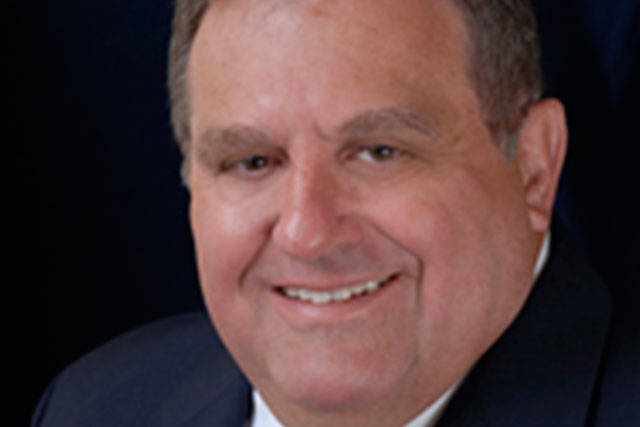The Oregonian characterized the 2019 wildfire season as the “season that wasn’t!” That’s good news for West Coast states; however, it doesn’t mean we are permanently “out of the woods!”
Worldwide wildfires are down as well. According to the National Interagency Fire Center, there were 6,000 fewer wildfires this year compared with 2018 and about 4.4 million acres were burned compared with roughly 10 million acres in 2017.
The previous two years featured bad fire seasons in Washington, Oregon and California. In 2017, more than 1.1 million acres were scorched in Oregon and Washington and compared with 1.3 million acres last year. Combined, that’s an area nearly the size of Delaware and Rhode Island.
The Oregonian reported: “This year was a much different story. Just over 200,000 acres were scorched across both states, a nearly 84 percent drop from the two previous years.” CalFire added almost 160,000 acres blackened so far in 2019—a fraction of the amount that charred in California by this time last year.
However, there were air pollution impacts. Choking smoke from Canadian fires blanketed parts of Washington, Idaho and Montana. In Alberta, for example, massive blazes engulfed 3.5 times more land — nearly 2 million acres — than the five-year average. At times smoke was so thick that EPA rated the region’s air quality as unhealthy.
Even though we got a “fire break” this year, we need to remember wildfires are part of nature and they are getting more dangerous and expensive to fight. As fires increase in size and intensity, suppression, environmental restoration and mitigation costs soar—the current California fires remind us of that.
That is a growing problem providing disaster assistance as our nation is being swallowed up by our skyrocketing national debt and states become more financially strapped. Our federal borrowing will soon top $23 trillion meaning each American would have to pony up $70,000 if our creditors called for immediate repayment.
The point is special Congressional funding to fight fires and restore lands will be much more difficult to obtain. One solution is to revise the way we are managing our public forests.
A couple of years ago, John Bailey, a professor of forest management at Oregon State University, told the Associated Press, that “megafires,” those consuming at least 156 square miles, are increasing. He believes “part of the solution is thinning forests through logging, prescribed burns and allowing naturally occurring fires to be managed instead of extinguished.”
Cutting diseased, dead and fire damaged trees is not new. In Intermountain forests (eastern Washington, Idaho, Montana, and British Columbia), loggers once salvaged beetle-killed trees from federal forests and sent them to rural sawmills to be cut into 2x4s. That practice was severely curtailed 30 years ago,
Knowing that aging trees are most susceptible to insects and disease, public forest managers once designed timber sales on small tracts as fire breaks. The logging and subsequent clean-up removed forest fuels which, in recent years, have been allowed to accumulate.
Harvesting helped fund replanting and fire access road construction. Today, environmental mitigation techniques have dramatically improved resulting in clean water and unencumbered access for fish returning to natural spawning grounds.
As we experience more austere times, we must revise management practices. We can no longer allow nature to just take its course. There needs to be a more balanced approach which reduces the risk of wildfire and greenhouse gases.
Megafires are polluting our air, endangering our health and safety, and burning a bigger hole in our pocketbooks. By thinning, logging and replanting, we save expenses, create jobs and bring in needed revenue to government.
Don C. Brunell is a business analyst, writer and columnist. He retired as president of the Association of Washington Business, the state’s oldest and largest business organization, and now lives in Vancouver. He can be contacted at theBrunells@msn.com.



